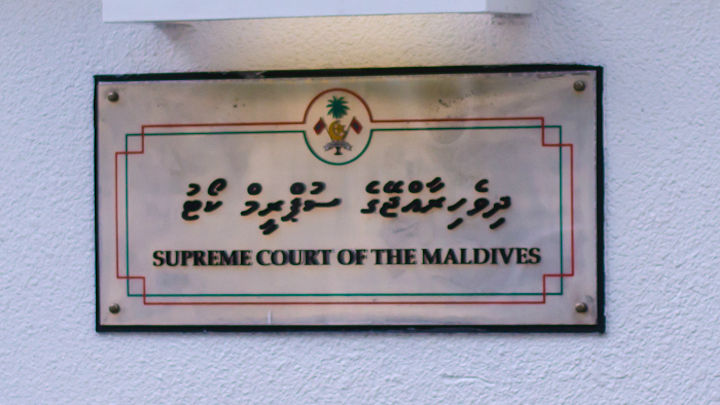Maldives top court upholds second death sentence
The Supreme Court on Tuesday upheld its second death sentence since the government ended an unofficial moratorium on capital punishment in 2014, paving the way for the Maldives’ first state-sanctioned executions in more than half a century.

09 Jul 2016, 09:00
Amid growing international pressure against the reintroduction of the death penalty, the Supreme Court upheld Tuesday a death sentence handed to a 32-year-old man convicted of murder.
The ruling comes less than two weeks after the court upheld its first death sentence since the government ended an unofficial moratorium on capital punishment in 2014, and paves the way for the Maldives’ first state-sanctioned executions in more than half a century.
Ahmed Murrath was convicted along with his girlfriend of killing a prominent lawyer, Ahmed Najeeb, whose mutilated body was found stuffed in a dustbin in the residence of the accused on July 1, 2012.
Murrath and Fathmath Hanaa were found guilty by the criminal court on July 19, 2012, after one of the shortest murder trials in recent history.
Become a member
Get full access to our archive and personalise your experience.
Already a member?
Discussion
No comments yet. Be the first to share your thoughts!
No comments yet. Be the first to join the conversation!
Join the Conversation
Sign in to share your thoughts under an alias and take part in the discussion. Independent journalism thrives on open, respectful debate — your voice matters.




